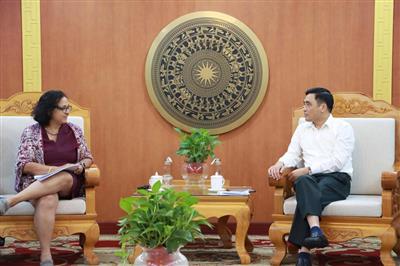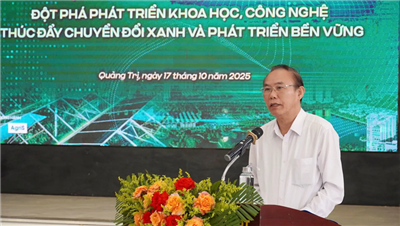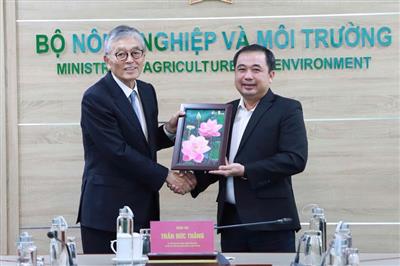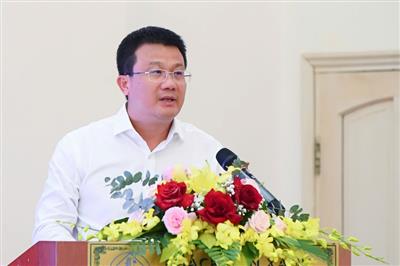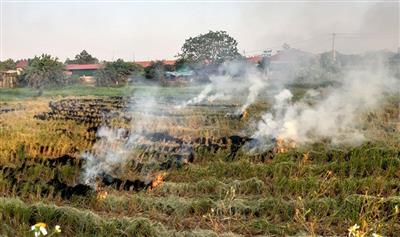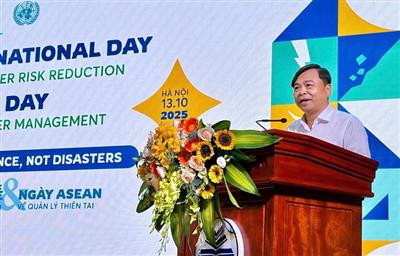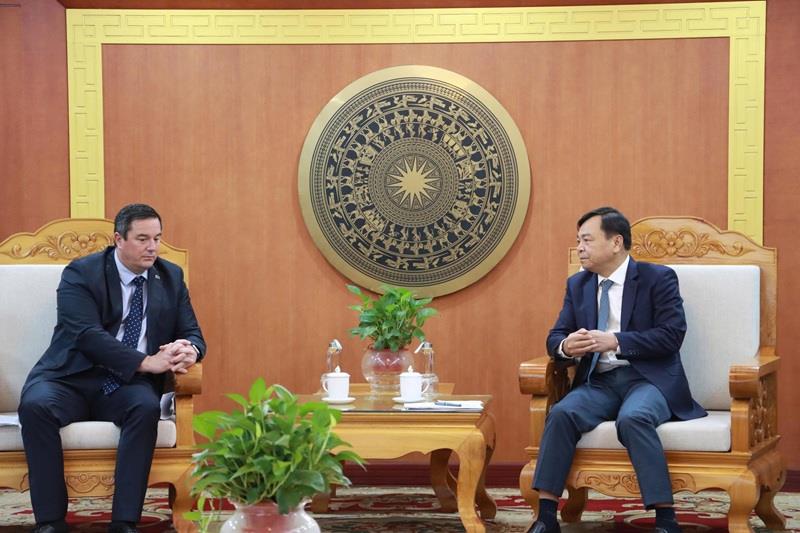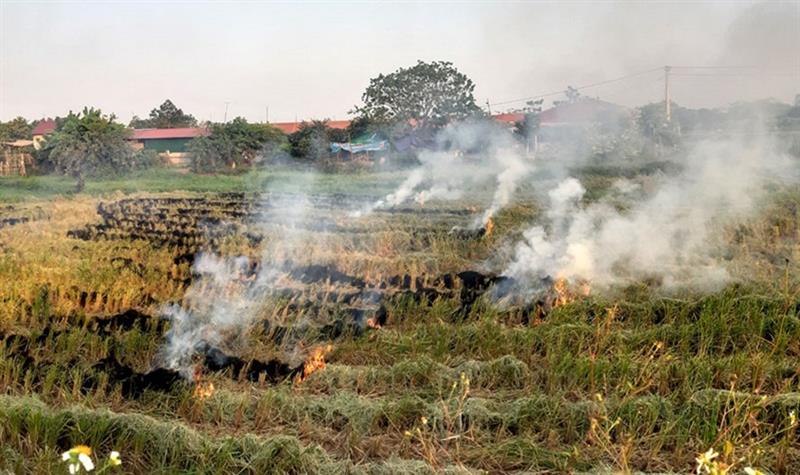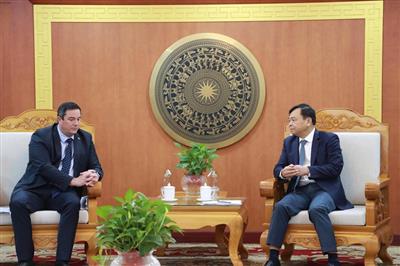
Philippine court halts Golden Rice production over environmental concerns
03/05/2024TN&MTIn a landmark ruling that has stirred both debate and dismay, a Philippine court has recently put the brakes on the production of genetically modified organism (GMO) Golden Rice. The decision comes against a backdrop of fervent discussions surrounding the safety and efficacy of genetically modified crops, particularly in a nation where rice serves as a dietary cornerstone.

Golden Rice, heralded as a potential solution to vitamin A deficiency, was genetically engineered to produce beta-carotene, a precursor to the essential nutrient. Developed over two decades by the Philippines-based International Rice Research Institute (IRRI) and the Department of Agriculture-Philippine Rice Research Institute (PhilRice), Golden Rice held significant promise in addressing malnutrition. The Philippines, like many other countries in Southeast Asia, grapples with this pervasive health issue, and Golden Rice was seen as a promising tool in the fight against it.
However, concerns about the safety of GMOs have cast a shadow over Golden Rice's potential. Environmental and consumer groups have long voiced apprehensions regarding the introduction of genetically modified crops into the food chain, citing uncertainties about their long-term health effects and ecological impacts. These concerns were echoed in the recent court ruling, which cited fears over the potential health risks associated with consuming GMOs as grounds for halting Golden Rice production.
The decision has sparked a heated debate, with proponents of GMOs emphasizing the need to address malnutrition and food insecurity through innovative agricultural technologies. They argue that Golden Rice could play a crucial role in alleviating vitamin A deficiency, a leading cause of childhood blindness and mortality in many developing nations.
On the other hand, critics of GMOs point to the lack of comprehensive safety assessments and transparent regulatory processes as reasons for caution. They highlight the need for rigorous testing and thorough evaluation of GMOs before their widespread deployment, citing potential unintended consequences for human health and the environment.
The court's ruling reflects broader tensions surrounding the intersection of science, policy, and public opinion in the realm of agricultural biotechnology. It raises fundamental questions about how societies navigate the complex landscape of innovation, risk, and regulation in pursuit of sustainable food systems.
In light of this decision, stakeholders on all sides of the GMO debate must engage in constructive dialogue to address the underlying concerns and challenges. This includes fostering greater transparency in regulatory processes, investing in independent research to assess the safety and efficacy of GMOs, and exploring alternative strategies for combating malnutrition and food insecurity.
Ultimately, the fate of Golden Rice in the Philippines serves as a poignant reminder of the ethical, social, and scientific dilemmas inherent in our quest to feed a growing global population. As the world grapples with the complexities of food security and nutrition, it is imperative that we approach these challenges with nuance, humility, and a commitment to the well-being of both present and future generations.
Ngoc Huyen (Channel News Asia, Nature World News)


